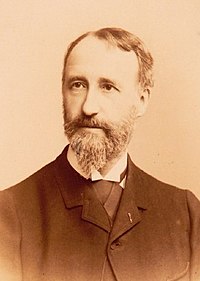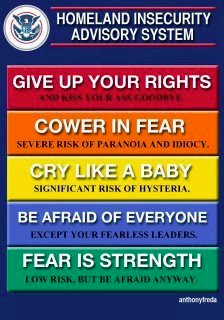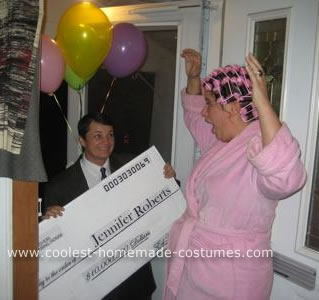Church planning is on my mind. Yesterday I spent a lot of the day choosing hymns. I managed to get all the way through Christ the King which is the last Sunday before Advent. At the same time I looked at possible choral anthems for each Sunday. I took some time in the afternoon and chose a postlude for this Sunday. I landed on “Grand Choeur” by Theodore Dubois.

It’s a goofy loud piece which I have performed at least twice before in church, once in September of 1991 and again in November of 2008.

Dubois is one of those dang French romantic type guys. I think that even organists enamored of the Romantic school (of which I am not one) think Dubois a bit goofy. Nevertheless Wayne Leupold put it in his anthology of Romantic Flourishes which is the edition I am playing from.
So today I continue on and try to plan. I would like to pick hymns for the entire church year, but plan at least to get through Christmas this week. My first official choir rehearsal is not until Wednesday Sept 11 so I have a bit of time. But I also have a ton of work to do before then. The basement at the church is still full of all the stuff that has to go into the new choir room. I have delayed sorting this week to spend my time on planning.

As I am writing, the USA is considering another war, this time with Syria.

I cannot believe this is happening again. I know there is such a thing as realpolitik but when humans consider more killing to stop killing I find myself worn down and discouraged.

I’ll end with a couple of pertinent allusions from my reading this morning. The first is about terrorism. In Thinking Fast and Slow, Daniel Kahneman teaches quite a bit about the current field of decision making. One of the things he talks about is how we weigh probabilities and possibilities. He specifically talks about living in Israel at a time when suicide bombings in buses were proliferating (Dec 2001 – Sept 2004). During this time there were 23 bombings and 236 deaths as a result. Despite this, the likelihood of being directly involved was minuscule. Later in the book he compares it to buying a lottery ticket. In both cases the probability was low, the outcomes (being involved with a terrorist bomb or winning the lottery) were also unlikely.

Kahneman’s studies reveal that in this case, we unreasonably assume risk. He talked about avoiding buses at stoplights even though he knew rationally (and was actually studying the fact) that he was more likely to be involved in a car accident than a terrorist event.

Terrorism counts on people not acting or thinking rationally. Our System 1 (the quick glib surface intuitive response) cannot be turned off. However we can decide to live life as normally as possible and not buy a lottery ticket expecting anything like a chance to be killed by a terrorist or win the lottery.

Later I was reading Auden’s beautiful poem “In Memory of W. B. Yeats.” I am reading Auden’s work that he did during WWII. Living in England must have been very traumatic at that time. But Auden makes some beautiful poetry at this point in his life. I have even read critics who say it was the war years during which Auden began a new level of work.
At any rate, Yeats died in 1939 and Auden wrote these words with the sounds of the destruction of his country in his ears.
“In the nightmare of the dark
All the dogs of Europe bark,
And the living nations wait,
Each sequestered in its hate;”
This makes me think of the wars going on in the world right now. We have the “dogs” of the world not just Europe barking in our ears. Auden continues later in this poem with this:
“Follow, poet, follow right
To the bottom of the night,
With your unconstraining voice
Still persuade us to rejoice…”

It’s funny you mention decisions and rationality in your post. In some circles rational choice is based on behavioral assumptions that are arguably predictable. Specifically, there is a school of thought that assumes two things: 1) that people know their preferences, can rank them and this will influence choice 2) that collective decisions that lead to action is the culmination of individual decisions and that the collective has no particular sole properties. There are also those that criticize rational choice since it couples ideas such as market value with democratic worth and vice verse deeming them compatible, but this is arguable as well considering these two ideas are in conflict. I know your ideas about democracy and would tend to agree with them in this sense. Just writing out loud really, there is no actual point to this post. It was just what I was thinking when I read your post for the day.
David :?)
Kahneman definitely represents a certain school of thought in decision making. He and his colleague, Amos Tversky, developed the “prospect theory” which he writes about at length in the book I’m reading. It’s hard to synopsize but it’s mostly about understanding how people weigh things when they decide. They received the 1982 Nobel prize in economics for it. Thanks for letting me know what you’re thinking. All comments welcome. Love from Dad